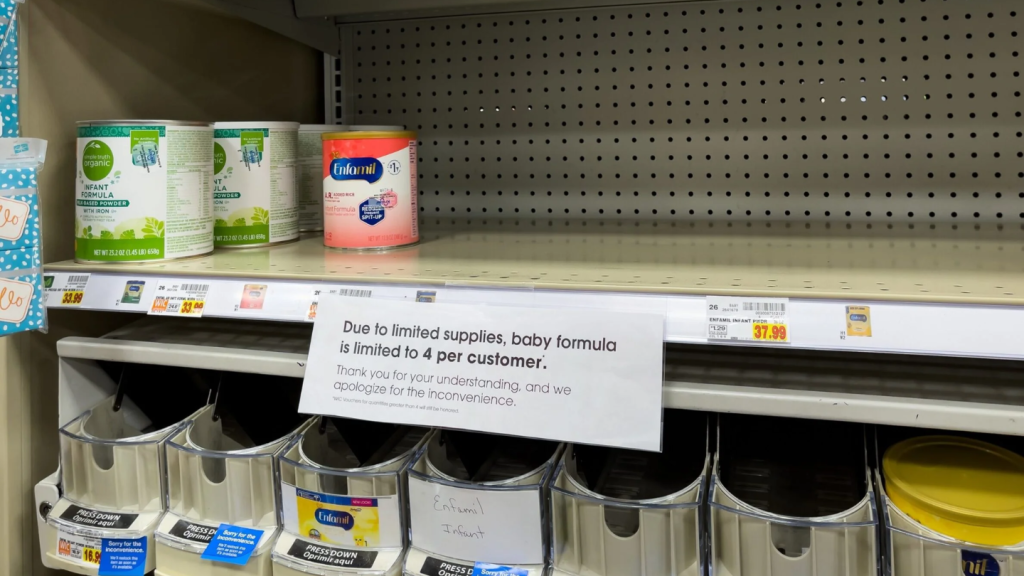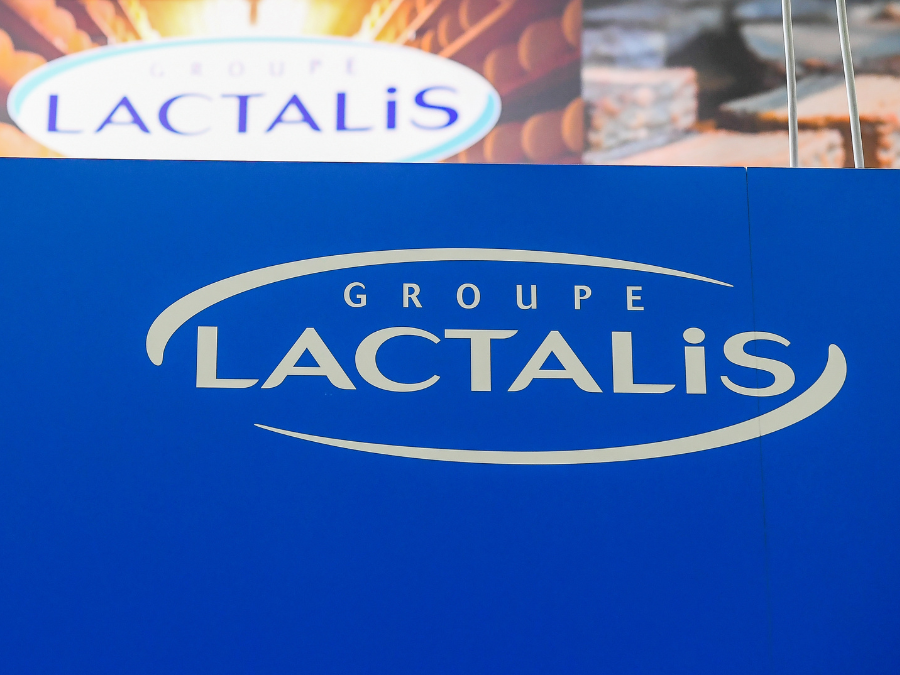Nearly half of the protein powders on the US market exceed Californian safety limits for toxic metals, according to a new report from the Clean Label Project.
The study found a “staggering” 47% of products tested positive for levels of toxic metals such as lead, cadmium, arsenic, and mercury that surpassed California’s Proposition 65 safety thresholds.
The research tested 160 products from 70 top-selling brands representing 83% of the market, the Clean Label Project said. It did not disclose the names of the brands.
According to the research, more than one in five (21%) of the products tested contained more than two times California Proposition 65 (Prop 65) limits for lead.
The report comes at a time when the US protein supplements market exceeded $9.69bn in 2023, driven by “growing consumer demand”.
Industry association The Council for Responsible Nutrition said the "report's methodology warrants scrutiny". It argued the Clean Label Project "has not provided sufficient transparency" about how it selected the products, the criteria for contamination thresholds and the basis of how it interpreted the findings.
According to the study findings, 79% of “organic” protein powders tested exceeded Prop 65 limits for lead.
On average, organic protein powders exhibited “higher levels of heavy metal contamination”, containing three times more lead and twice as much cadmium as non-organic alternatives, the report said.
Nearly 77% of plant-based protein powders assessed exceeded Prop 65 limits for lead, compared to 28% of whey-based and 26% of collagen-based powders.
Clean Label Project executive director Jaclyn Bowen said: “The food industry owes their customers an open, honest, and transparent view of how clean their ingredients are.
“Consumers are purchasing supplement and protein products for health and performance, they expect the products to be clean.”
The Clean Label Project said it conducted more than 35,000 individual tests for contaminants, including lead, cadmium, arsenic, mercury, and endocrine-disrupting chemicals such as BPA and BPS.
These toxic substances can enter protein powders through agricultural practices, environmental exposure and packaging materials.
Commenting on the latest findings, Andrea Wong, scientific and regulatory affairs senior vice-president at the Council for Responsible Nutrition, said: “The Council for Responsible Nutrition supports efforts to ensure the safety and quality of dietary supplements, including protein powders. However, reports like those issued by the Clean Label Project often lack critical context and risk misleading consumers rather than empowering them.
“It is important to emphasize that the detection of contaminants, as highlighted in this report, does not inherently equate to a health risk. Modern analytical techniques can detect even trace levels of naturally occurring elements, such as heavy metals, which are present in soil, air, and water. These trace levels are often well below established safety thresholds set by federal agencies like the Food and Drug Administration (FDA) and the Environmental Protection Agency (EPA).
"California Proposition 65, frequently referenced in CLP’s findings, imposes limits that are uniquely stringent and not aligned with federal guidelines."
















